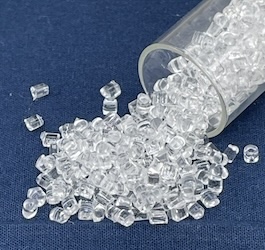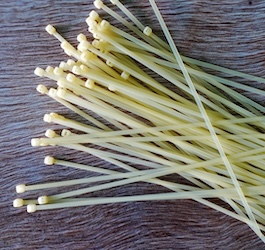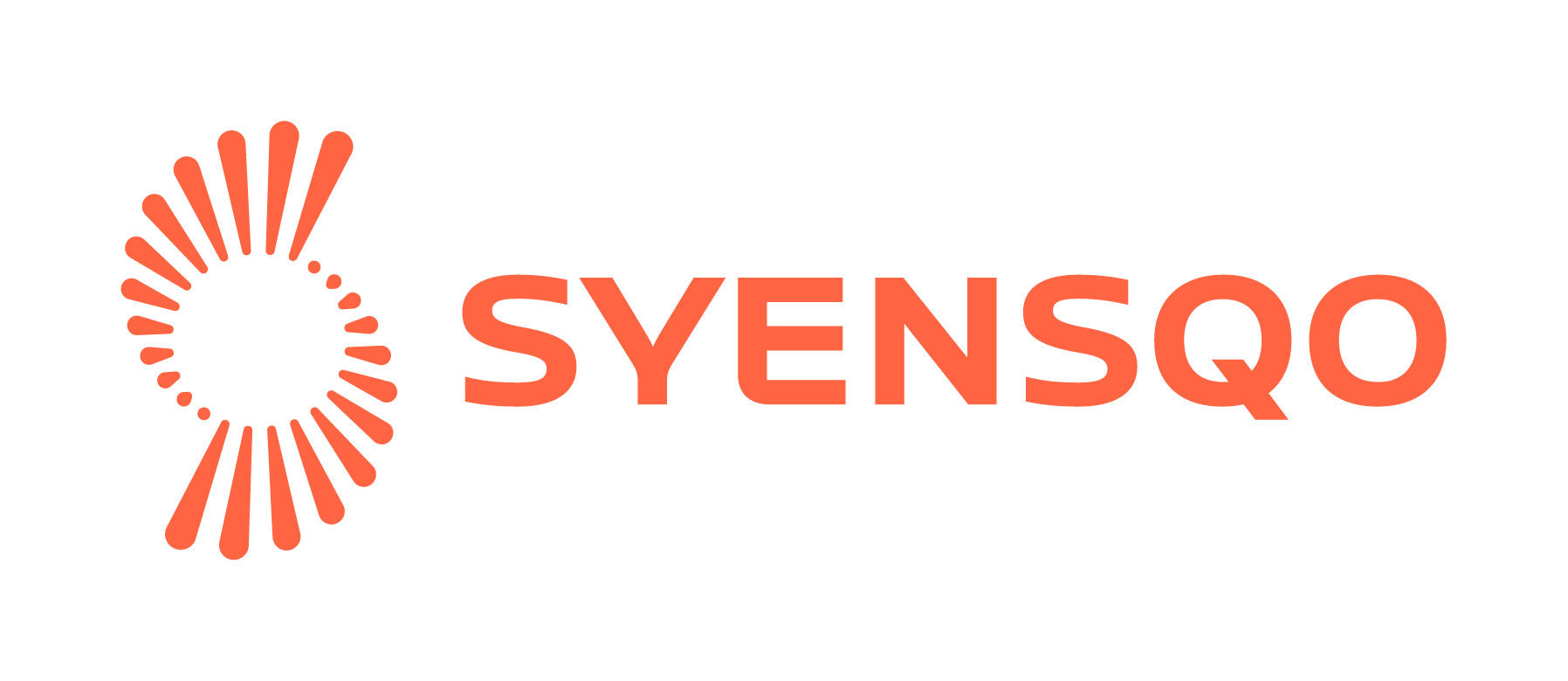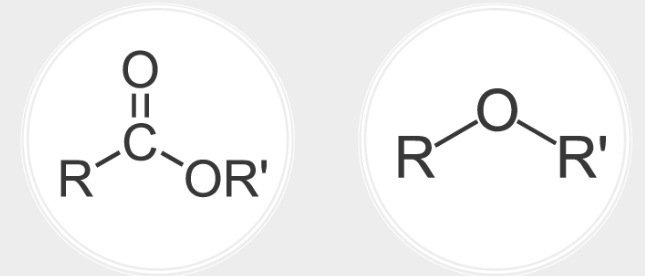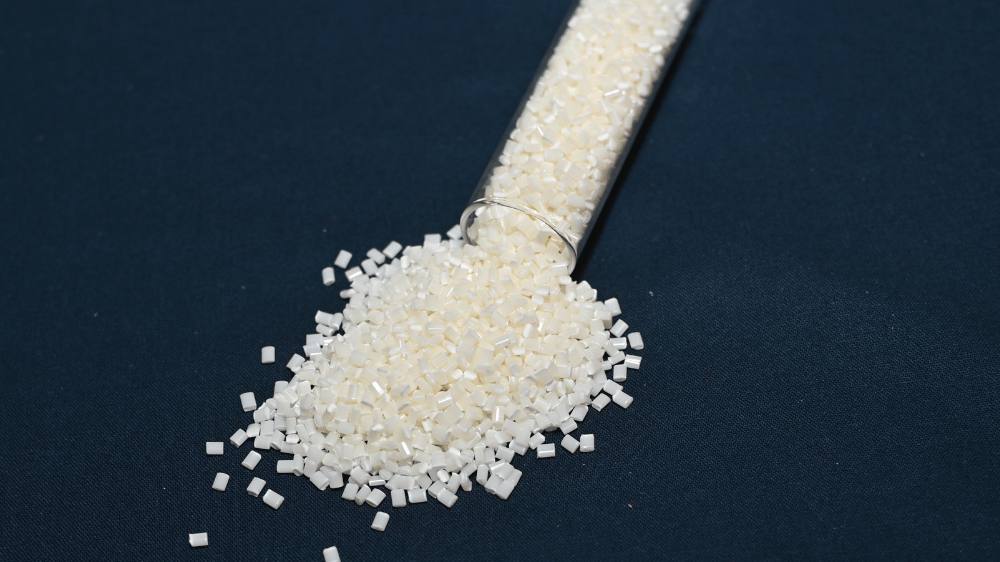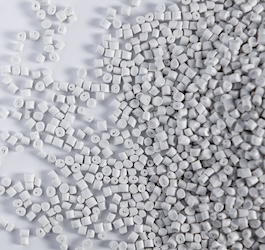May , 2024
Unveiling the Potential of Clear Nylon 12
Clear Nylon 12 stands out in the polymer industry for its unique blend of physical and aesthetic properties, offering a compelling choice for designers and engineers alike. This thermoplastic material, known for its transparency, combines the inherent benefits of nylon with the added advantage of clarity, making it an ideal candidate for a wide range of applications.
Analyzing the Distinctions: Nylon 6 versus Nylon 66
Nylon, a family of synthetic polymers, is a cornerstone of the modern materials industry, revered for its strength, durability, and flexibility. Within this family, Nylon 6 and Nylon 66 stand out as two of the most commonly used materials, each possessing distinct characteristics that make them suitable for various applications. Understanding the differences between Nylon 6 and Nylon 66 is crucial for manufacturers and engineers to select the appropriate material for their specific needs. This article aims to elucidate the primary differences between these two types of nylon, focusing on their chemical structure, mechanical properties, and applications.
Comparing the Unique Properties of Syensquo's Radel, Udel, and Veradel Polymers
Syensquo, a leader in the development of advanced polymer solutions, offers a suite of high-performance products that cater to a wide range of industrial applications. Among its notable offerings are Radel, Udel, and Veradel resins, each engineered to meet specific performance criteria. Understanding the distinctions between these products is crucial for industry professionals seeking to leverage the right material for their specific needs. This article elucidates the primary differences among Radel, Udel, and Veradel, highlighting their unique properties and applications.



